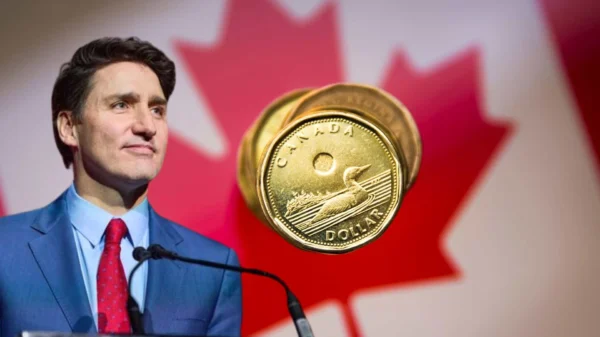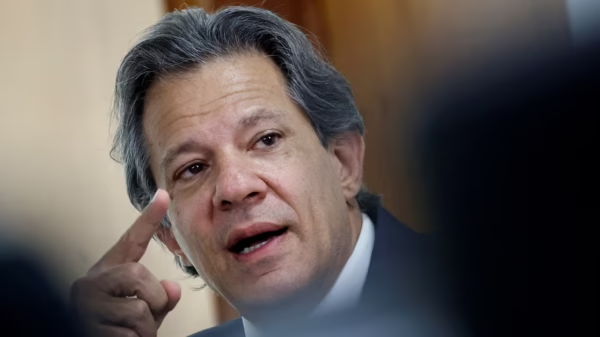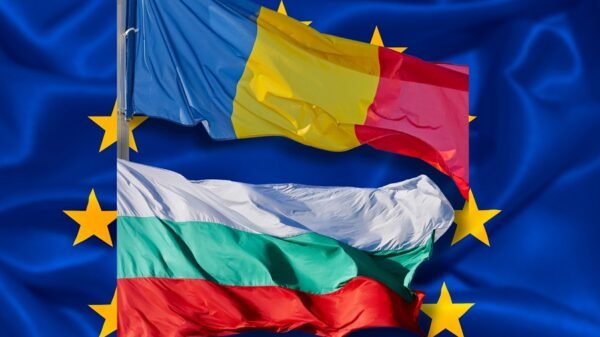Global Leaders Address Rising Geopolitical Tensions
Danish Prime Minister Mette Frederiksen has embarked on a European diplomatic tour amid escalating geopolitical tensions. Her visits to Berlin, Paris, and Brussels are aimed at rallying support against U.S. President Donald Trump’s threats of trade tariffs and potential military intervention over Greenland.
The Growing U.S.-Europe Rift
Relations between the U.S. and European nations have become increasingly strained following Trump’s renewed interest in Greenland. His administration’s aggressive stance on trade and defense policies has led to heightened concerns among European allies.
Denmark’s Stance on Greenland
Greenland, an autonomous territory of Denmark, has become a focal point in Trump’s foreign policy. The U.S. has long expressed strategic interest in the Arctic region, but Denmark has firmly rejected any notion of selling or relinquishing control over Greenland.
Frederiksen’s Diplomatic Efforts in Berlin
During her stop in Berlin, Frederiksen met with German Chancellor Olaf Scholz to discuss the broader implications of U.S. policy on European security. Scholz emphasized the importance of territorial integrity, indirectly responding to Trump’s provocations.
France’s Position on the Dispute
In Paris, French President Emmanuel Macron expressed solidarity with Denmark, warning against unilateral actions that could destabilize global trade and security. He reaffirmed France’s commitment to European unity in countering external pressures.
Brussels and the European Union’s Role
Frederiksen’s visit to Brussels included meetings with European Commission officials. The EU is exploring legal and economic measures to counter potential U.S. tariffs and safeguard European interests in the face of growing tensions.
Trade Tariff Threats and Economic Concerns
Trump’s threats to impose trade tariffs on European goods have sent shockwaves through global markets. European economies, already facing inflationary pressures, are bracing for potential economic disruptions should the U.S. proceed with its trade measures.
The Arctic as a Geopolitical Battleground
Greenland’s strategic location in the Arctic has made it a contested region for global superpowers. With climate change opening up new shipping routes and resource opportunities, nations such as the U.S., China, and Russia are increasing their presence in the area.
Military Implications of U.S. Policy
Trump’s statements regarding military intervention over Greenland have raised alarms in NATO. European defense officials are assessing potential security risks and considering ways to reinforce Denmark’s territorial sovereignty.
China and Russia’s Perspective on the Dispute
As tensions rise between the U.S. and Europe, other global players like China and Russia are closely watching developments. Both nations have expanded their Arctic strategies, and any shifts in Greenland’s status could influence global power dynamics.
The Role of NATO in the Conflict
As a NATO member, Denmark is seeking reassurance from its allies regarding its territorial integrity. While the alliance has yet to take an official stance, NATO’s commitment to defending member nations remains a critical factor in the ongoing situation.
Public Opinion in Denmark and Greenland
Public sentiment in Denmark and Greenland has been strongly opposed to U.S. interference. Many Greenlanders view their autonomy as a crucial aspect of their identity and have rejected any notion of foreign control or military escalation.
Potential Diplomatic Resolutions
European leaders are urging a diplomatic resolution to the growing tensions. Calls for renewed dialogue between the U.S. and EU officials have been made in hopes of de-escalating the situation before it reaches a crisis point.
Conclusion: A Critical Moment for Global Relations
The dispute over Greenland is emblematic of broader geopolitical tensions between the U.S. and Europe. As Frederiksen and other European leaders work to maintain unity and stability, the coming weeks will be crucial in determining whether diplomacy or confrontation will shape the next chapter of international relations.



































